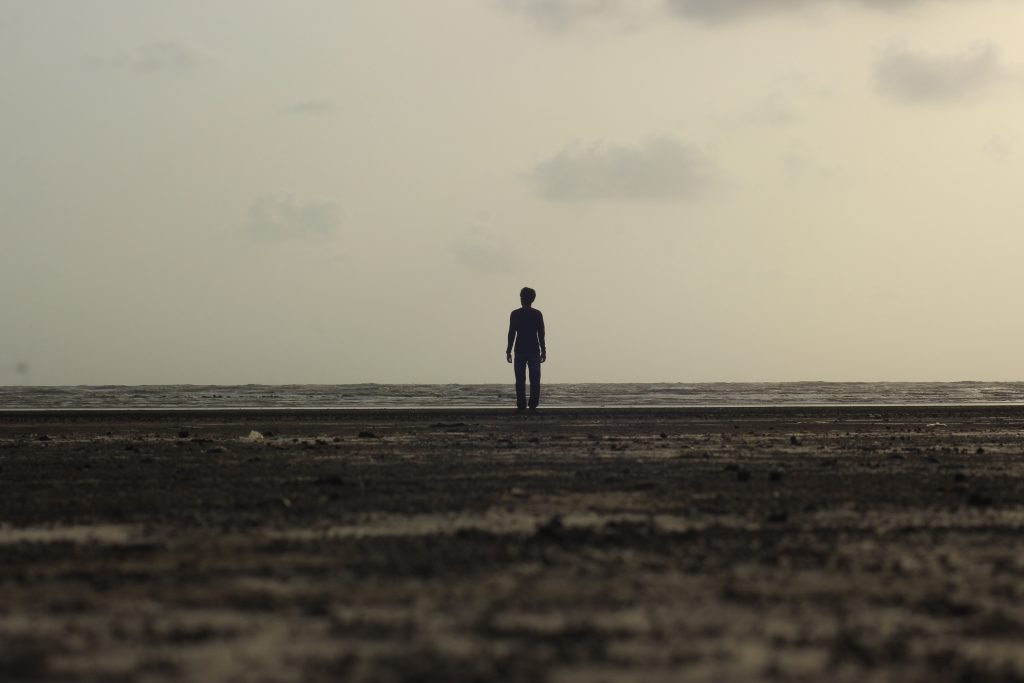To celebrate the month of October, I’ve got a slightly spooky one for you today. Ever felt isolated, despite your hundreds, maybe thousands of online friend and followers? Ever felt dissatisfied with likes, comments and shares, even though human interaction should bring us contentment? It could be because no one you’re interacting with online is actually a real person. You’re all alone out there, in the vast expanse of the web, interacting with digital ghosts. The Dead Internet Theory is a popular conspiracy theory, formulated across forums and believed by many. It suggests that the death of the internet came in 2016/17. This is, allegedly, when the majority of online content started being created by AI driven bots, rather than real humans. Of course this is extremely unlikely to be true, but could that change? And how does the prevalence of this theory reflect our current relationship with the internet and social media?
So what’s the theory?
The horror news website Dread Central have a short video on the subject that definitely fits the Halloween vibes. People have gone pretty deep on the theory, for example on the forum Agora Road’s Macintosh Cafe (which I won’t link due to some less-than-appropriate language, but feel free to look it up yourself). This is where Kaitlyn Tiffany, a writer for The Atlantic, first came across The Dead Internet Theory. You can read her linked article for more on this subject, but I’ll give you a quick run-down here.
The theory suggests that the reason the internet is so bland, repetitive and uninspiring these days is due to all the content being AI generated, especially on social media. It covers everything from tweets to comments to followers to pictures. Almost everything is fake, generated by AI and propagated by bots. Companies use them to sell you things, and governments use them to influence your beliefs. They isolate you in your own online echo-chamber, the algorithm pushing away real people and showing you fake content it knows will trap you interest. The theory encompasses Deep Fakes and Fake News, and makes you doubt everything you see and interact with online.
However, it’s not true. For the moment, the majority of the internet that we see is not fake (in that it has been made by people. I can’t comment on heavy filter use). Algorithms do play a large part in what we come across online, but real people probably still make the content.
If it’s not true, how has it captured the imagination of so many?
The Dead Internet Theory is a good example of the paranoia and isolation that lives spent on social media have caused. Even if AI haven’t made the content, it’s still repetitive and soulless. Everything we do and see online feels fake enough to be a part of a large conspiracy against us. The reason the early internet felt more ‘real’ was because it wasn’t originally made up of social media and advertising. Additionally, it was far less ‘mainstream’. The user base was smaller, and you were generally on the internet for a reason. No mindless scrolling. Over time it’s intertwined deeply with the fabric of modern life, so even if we no longer like the internet we’re on, escape is hard.

We’re sick of the internet. Where to next?
LifeBonder’s goal is to help people break away from the negative feelings and ennui caused by excessive use of social media. By instead living in the Mesaverse, where we engage with the deeper reality we actually live in, we can regain our joie-de-vivre, and conspiracy theories like The Dead Internet Theory won’t feel so disturbingly real. By encouraging us to form relationships outside of social media (with people we can be certain are real), LifeBonder can help us break away from the hold that the internet and social media has formed over us (and we can stop being so freaked out by AI and algorithms all the time).




However after exhausting all avenues I believe the internet is almost ALL AI generated now and very few humans are in control except for maintaining the AI. The AI is getting more and more broken the ‘smarter’ it gets the more problems will be found.